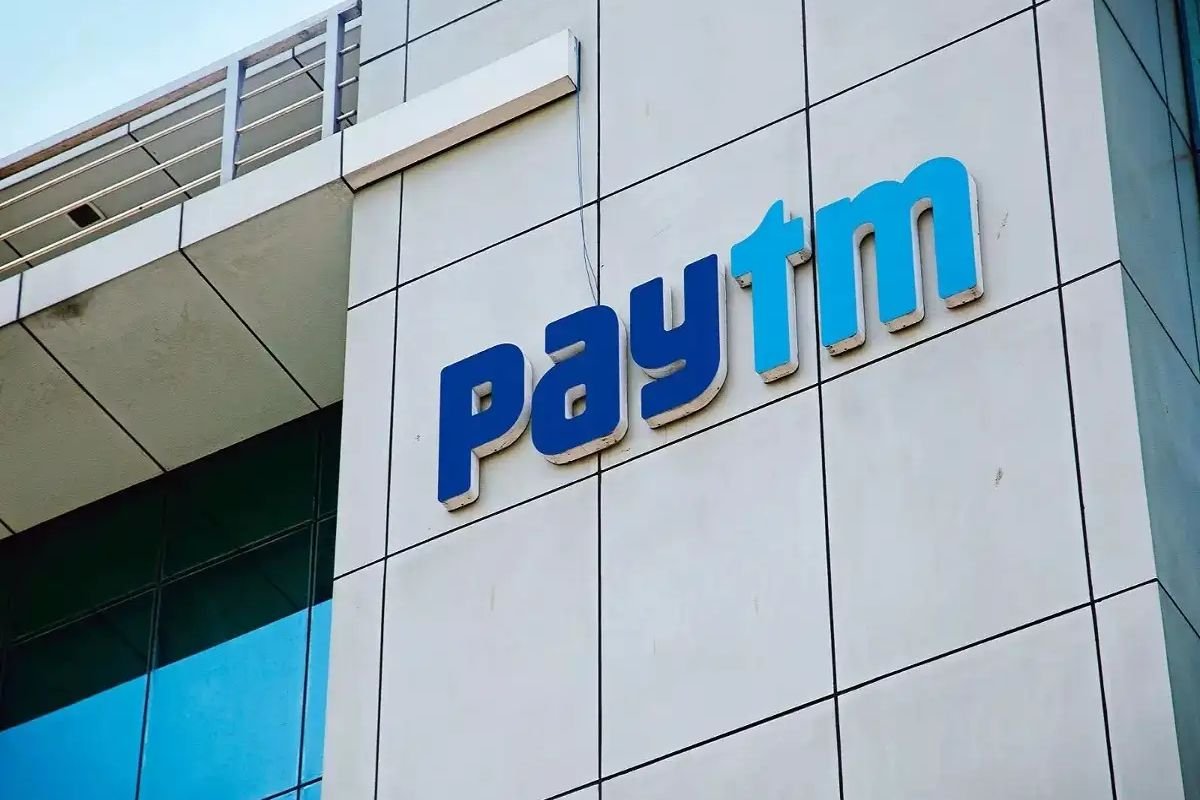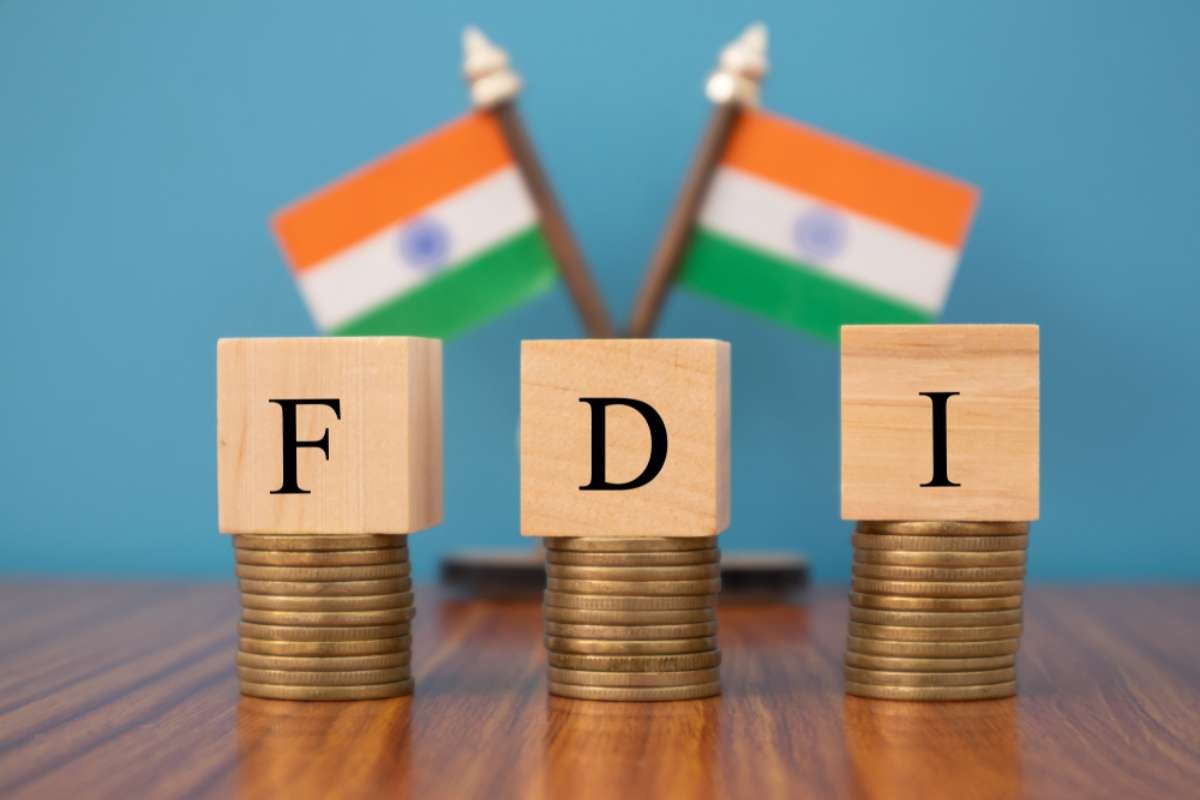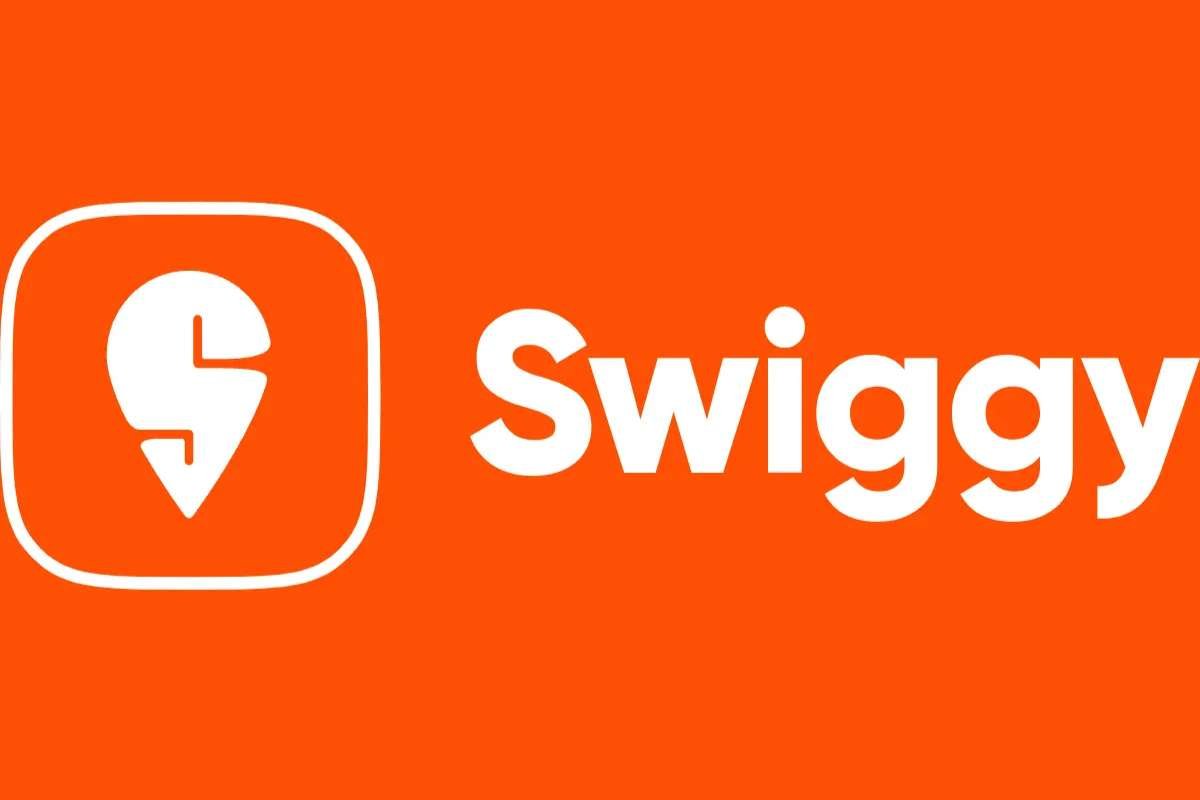Shares of One97 Communications Ltd, the parent company of Paytm, rose sharply on Wednesday after the Reserve Bank of India (RBI) granted its subsidiary, Paytm Payments Services Limited (PPSL), in-principle authorization to operate as an online payment aggregator. The move also lifts earlier restrictions on onboarding new merchants, signaling a significant operational boost for the digital payments provider.
According to an exchange filing on August 12, the RBI’s approval applies strictly to online payment aggregator operations, as outlined in its guidelines for Payment Aggregators (PAs) and Payment Gateways (PGs). Transactions outside these definitions, including merchant “pay-out” services, cannot be processed through the escrow account designated for PA activities.
Stock Gains After Approval
The market reacted swiftly to the regulatory clearance. On the National Stock Exchange (NSE), Paytm’s shares climbed 5% to ₹1,176 apiece in early trading on August 13. Analysts noted that the decision removes a key operational hurdle for Paytm and could restore confidence among merchants and investors.
Paytm Payments Services Limited (PPSL) first applied for the payment aggregator license in March 2020. The approval arrives just days after the Chinese multinational Alibaba Group fully exited its stake in One97 Communications, a move seen by some market observers as removing geopolitical overhangs from the stock.
The RBI’s letter stipulates that Paytm Payments Services must submit a system audit report within six months. Failure to do so would cause the in-principle authorization to lapse, and final approval would not be granted.
Regulatory Milestone After Setbacks
The RBI had previously imposed restrictions on Paytm Payments Services Limited (PPSL) ability to onboard new merchants, impacting its growth in the competitive digital payments space. This latest decision allows the company to resume merchant acquisition under the approved operational framework.
Industry experts suggest that the approval could help Paytm expand its market share in online payment processing, particularly among small and medium enterprises seeking integrated payment solutions. Paytm Payments Services Limited (PPSL) offers a full suite of payment and financial services, including gateway integrations, digital wallets, and transaction processing infrastructure.
The company emphasized in its filing that the authorization covers only the scope defined under RBI’s guidelines. It also highlighted compliance with operational requirements as a key priority over the coming months.
Strong Q1 Performance Boosts Momentum
The regulatory clearance comes on the heels of an improved financial performance. For the first quarter of the financial year 2025–26, One97 Communications posted a consolidated net profit attributable to shareholders of ₹122.5 crore, compared to a net loss of ₹838.9 crore in the same period last year.
Revenue from operations rose 27.69% year-on-year to ₹1,917.5 crore, up from ₹1,501.6 crore in Q1 FY25. The positive earnings report has already fueled optimism about the company’s turnaround strategy, which focuses on profitability and operational efficiency.
Market analysts point out that the combination of regulatory clearance and improved earnings could strengthen Paytm’s competitive position in India’s fast-growing digital payments sector, which continues to see increased adoption across retail, services, and e-commerce.
Path Ahead for Paytm
With the in-principle license in hand, Paytm now faces the task of completing the mandated system audit and securing final authorization from the RBI. The company will also need to ensure that its operations remain fully compliant with the central bank’s guidelines, particularly regarding the segregation of eligible and ineligible transactions within PA accounts.
If successful, Paytm could leverage its payments platform to expand service offerings, attract more merchants, and potentially diversify into additional financial services products. However, industry watchers caution that regulatory oversight in the payments sector remains tight, and operational compliance will be critical to sustaining growth.
As of now, the RBI’s green light is being viewed by investors as a much-needed tailwind for Paytm, restoring momentum after a prolonged period of uncertainty. With the stock rallying and operational restrictions lifted, the company appears well-positioned to strengthen its role in India’s evolving digital payments landscape.








